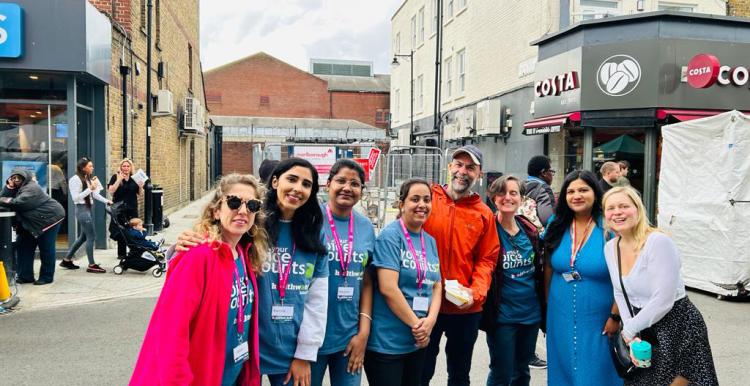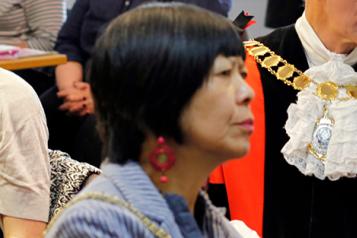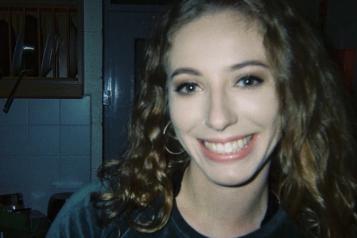Volunteering

Our volunteers give credibility to our work. They are Islington residents who use services in the borough. We are lucky to have worked with an exceptional team of volunteers over the last ten years and, out of a field of 152 local Healthwatch, we have twice won Healthwatch England’s national award for the quality of our volunteering.
We inherited an experienced team of volunteers from our predecessor organisation, Islington LINk. Many of these volunteers still go into services on our behalf, either as trained observers seeing how care is delivered and talking to staff and service users, or as trained mystery shoppers engaging with services as a patient would, in order to evaluate their experience in terms of customer service. The reports we produce based on their findings help to drive forward improvements in health and care.
Volunteers have also enabled us to reach people we wouldn’t have reached otherwise. In 2015, when we wanted to learn about the the kind of support that young people needed from mental health services, we depended on a cohort of young volunteers we trained to carry out peer research, gathering powerful and candid feedback from 50 young adults who played a part in shaping how those services look today.
Our ongoing relationship with London Metropolitan University has, we hope, embedded an appreciation for the value of Healthwatch in the next generation of health and care professionals. This year, at our week-long stall at Chapel Market, the students did a wonderful job performing blood pressure checks and chatting about health services with shoppers and traders alike. We’d like to thank all volunteers who have represented Healthwatch at events or on decision-making bodies over the years.
Our volunteer digital champions really came to the fore during the pandemic when social distancing was introduced and many services were only offered remotely. Residents who had previously been reluctant to go online realised they needed to learn new skills. Our digital champions helped us to successfully adapt our support model from one built around face-to-face group work to a remote model offering one-to-one support to individual residents in their own homes. Thanks to our digital champions’ flexibility and enthusiasm, learners could choose what time of day was best for them to learn, and decide their own learning goals. Support was provided by phone or on Zoom. Benefits for learners were wide-ranging, from feeling more confident to drive to an unfamiliar location for a Covid vaccination using Google Maps or overcoming anxiety about using e-consult to request a GP appointment, to being able to make phone calls without pain by learning about accessibility options on smartphones.
This year, volunteers have researched the usability of GP websites and evaluated the quality of the information provided as prerecorded messages for GP appointment booking. Their recommendations have been adapted into a resource being distributed across general practice in Islington to support providers in improving their messaging.


